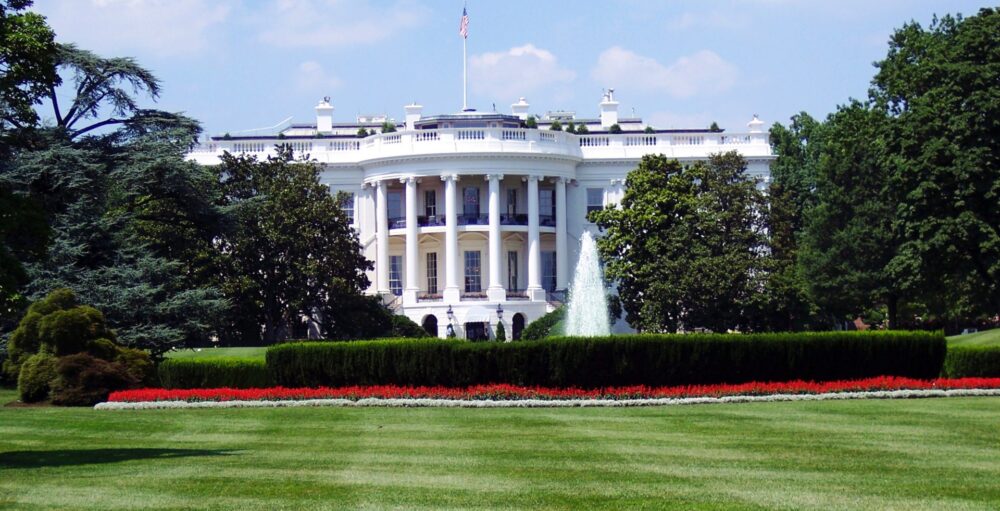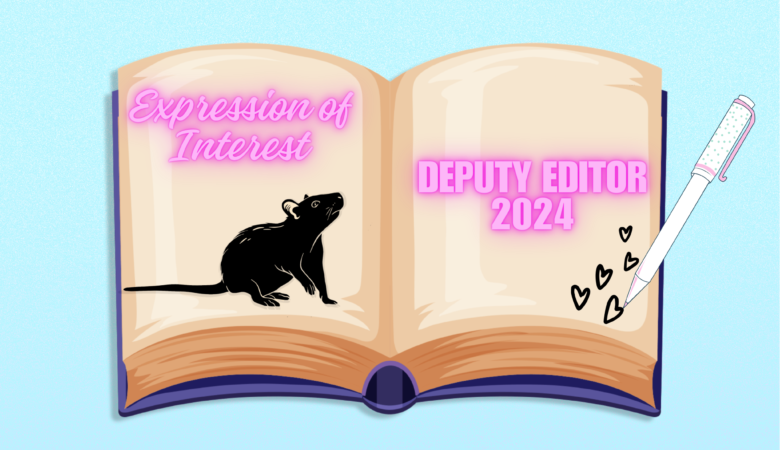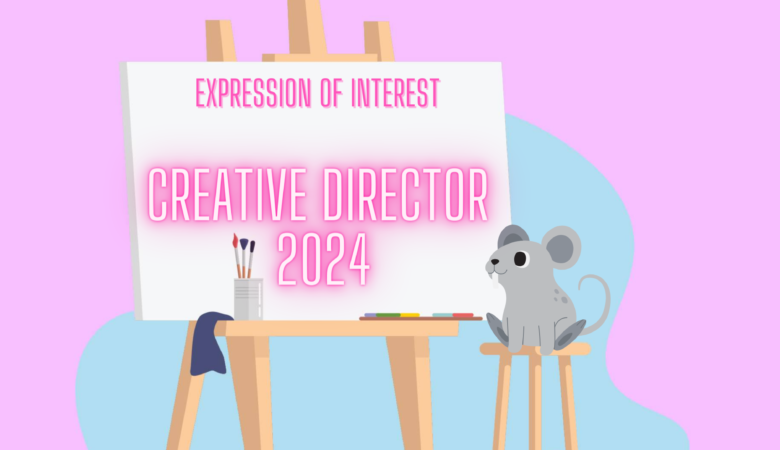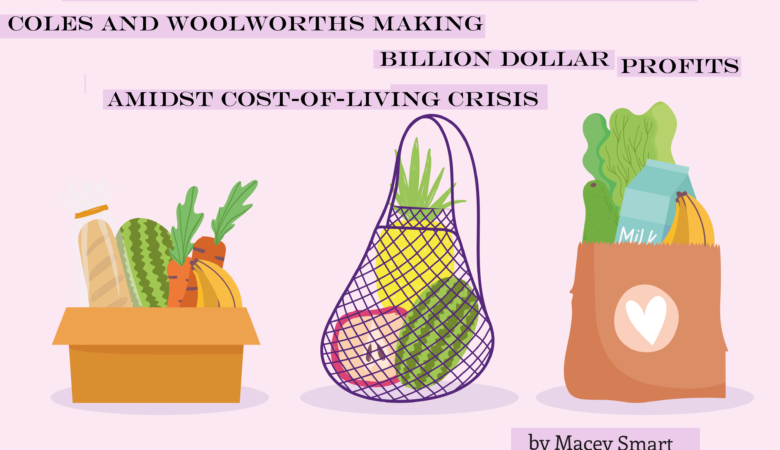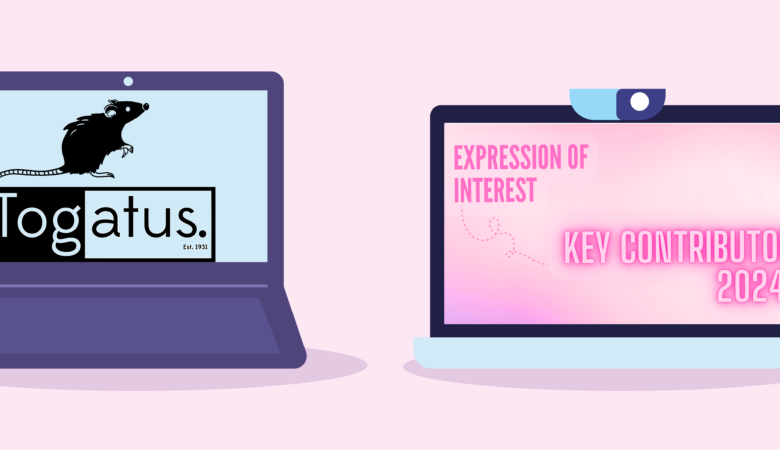After two and a half years of vacancy, Australia has a US Ambassador again. Arthur B. Culvahouse Jr. was approached for the position by the White House in August last year, confirmed in January of this year and presented to the Australian Governor-General in early March. Ambassador Culvahouse spoke to a small group of International Relations students in a Q&A style event last week.
Within the first few minutes of the Q&A, Culvahouse acknowledged the “loss of faith in democracy” by the rising generations — both American and Australian. Much like a car accident, we have watched US politics from a safe distance of 15,000 kilometres, in both horror and bemusement. The United States political representative’s visit gave University of Tasmania students an opportunity to ask questions about the car accident.
The Ambassador is “confident in the strong relationship between the United States and Australia” despite the lack of a representative for nearly three years, urging UTAS students to look at our shared history that dates back to World War II. When asked by a student why the US ambassador seat has been empty for so long, Culvahouse said there was no transition plan set up after most of the political ambassador positions were vacated after President Trump took office.
Interestingly, Culvahouse is no stranger to working for a celebrity president — he served as White House Counsel during the Reagan administration. He told UTAS students that as an “over-confident” 37-year-old, he stepped into the role after working at a law firm. Undoubtedly, serving as Chief Counsel during the Iran-Contra affair would have required a certain amount of confidence. But for the second time, the United States has found a celebrity in the White House and Culvahouse was chosen by Trump to vet his vice-presidential candidates.
When asked by Dr Matt Killingsworth (Head of International Relations) about working as a political ambassador for an “untraditional” president, Culvahouse responded, “Personalities empowered in either government can be an issue.” When questioned about Trump’s untraditional tendencies, the Ambassador said “His views are refreshing. His tweets are challenging.”
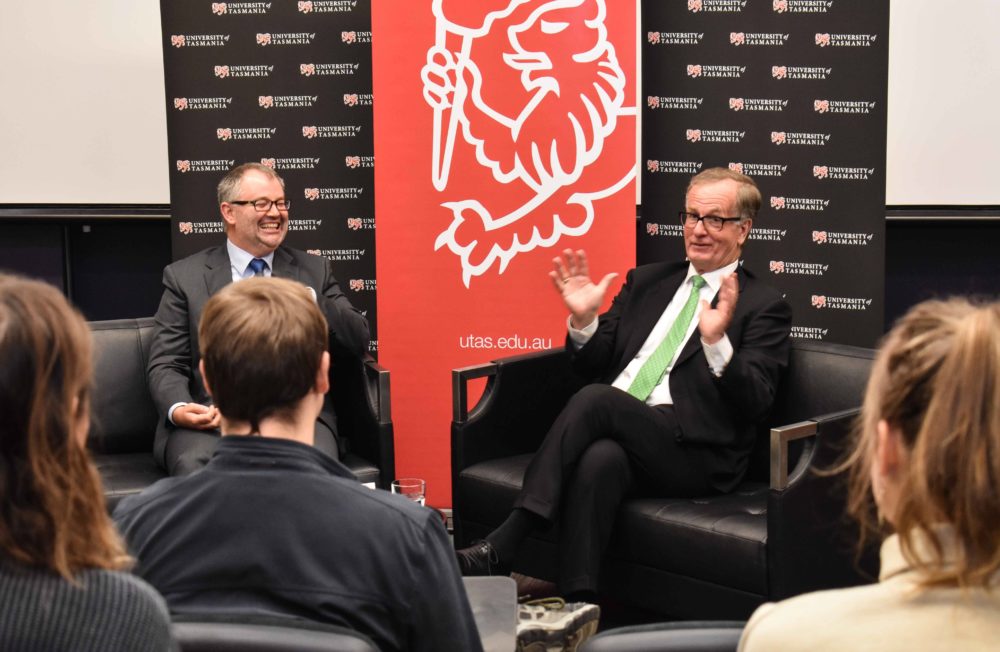
Culvahouse spoke of the “deep economic ties” that define the US and Australia as allies, along with the military and intelligence shared between the nations. In fact, after his time here in Tasmania, the Ambassador is headed up to Darwin where 2,500 US Marines will arrive to train alongside the Australian Defence Force.
The representative laughed and said the US might be “bigger, more awkward and more clumsy” than other nations, but “there is a lot to be done” in the Pacific region, not the least of which the aforementioned loss of faith in democracy. When asked if the US would rejoin the Trans-Pacific Partnership, Culvahouse said he did not envisionage this to happen, although China is both the United States’ and Australia’s largest trading partner.
A fellow UTAS student called attention to the fact that the US intends to withdraw from the Paris Agreement (the United Nations Framework Convention on Climate Change) of which Australia is still a signatory and questioned the objectives and loyalty of the US to global initiatives. Culvahouse said the Paris Climate Agreement “unfairly penalised the US” and their “carbon footprint has decreased while the economy has increased”.
Dr Killingsworth then asked the Ambassador about the US’ withdrawal from other global initiatives and international ratifications, such as the Trans-Pacific Partnership (TPP) and the International Criminal Court (ICC). Culvahouse said while he does not envision the US re-joining the TPP or becoming a State Party to the ICC, Australia and the US already have a free trade agreement in place.
It might be a tumultuous time in international politics and the US may be making drastic changes to the global order, but Ambassador Culvahouse said, “Australia is not a country that the US is concerned isn’t carrying its fair share as an ally.” He reiterated several times throughout the Q&A that his job is to leave the relationship between the United States and Australia at least as strong as he found it.

